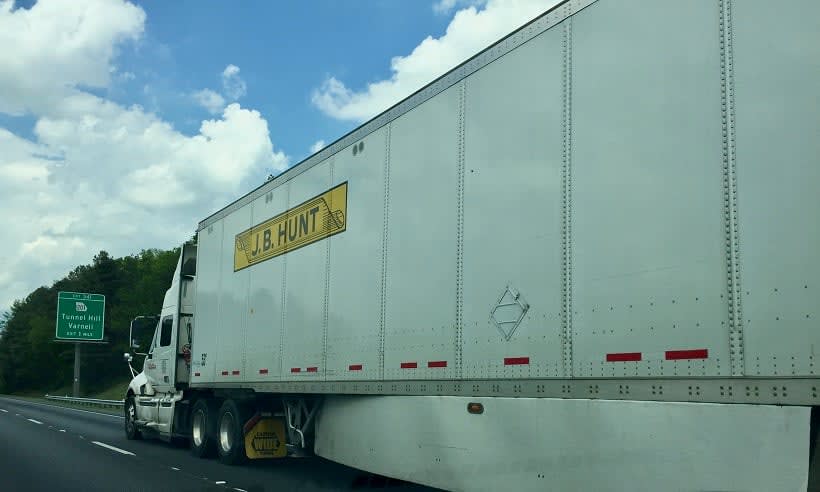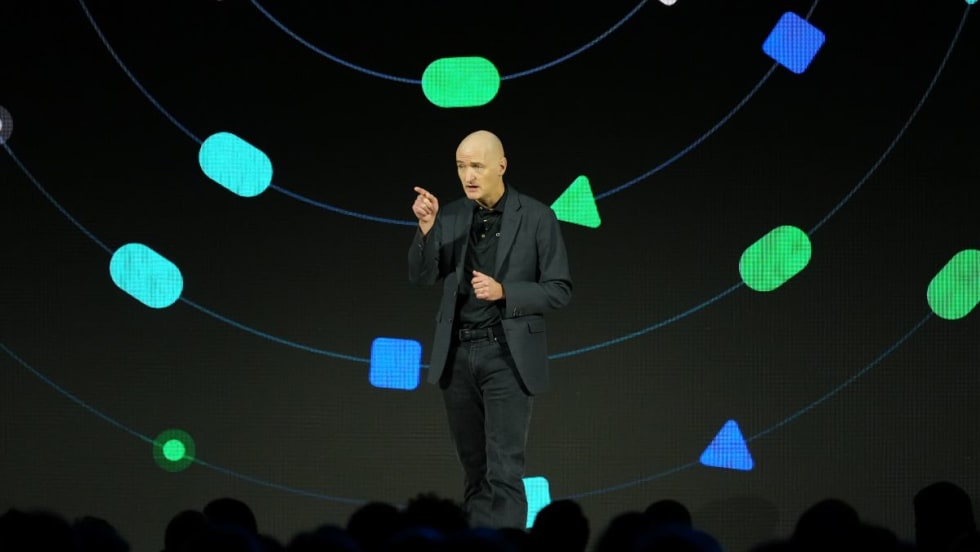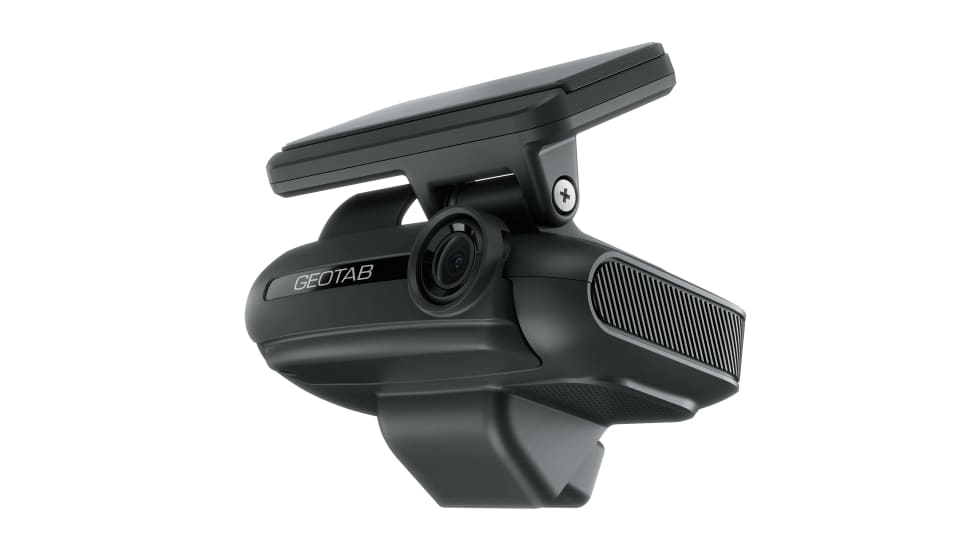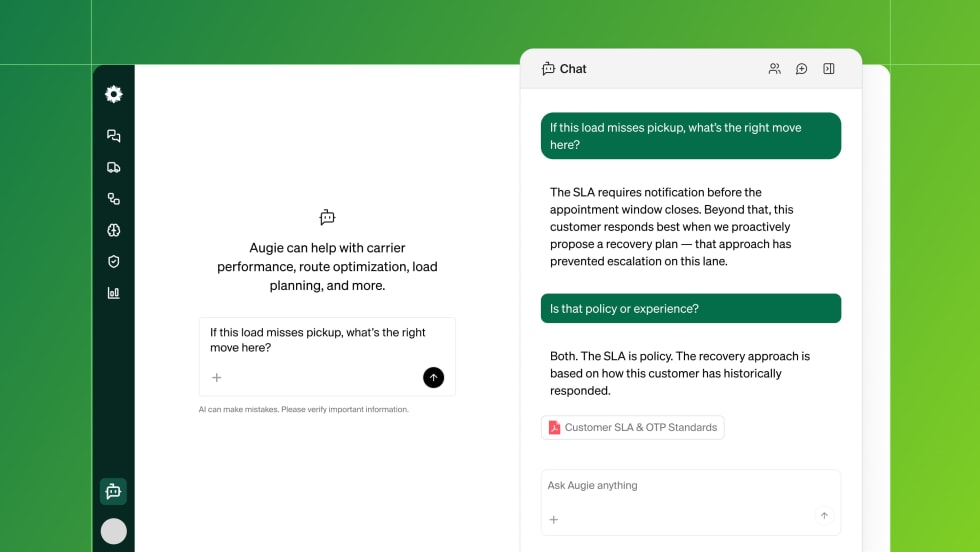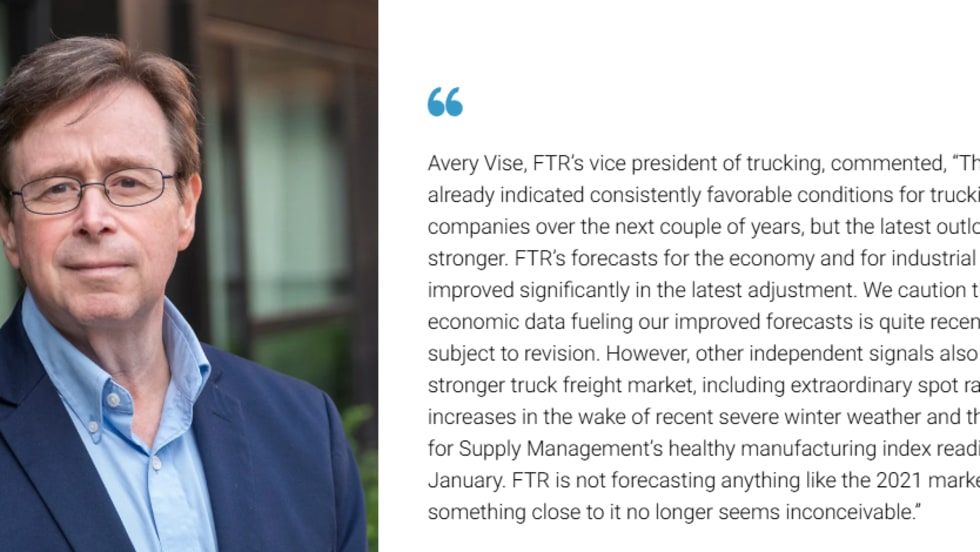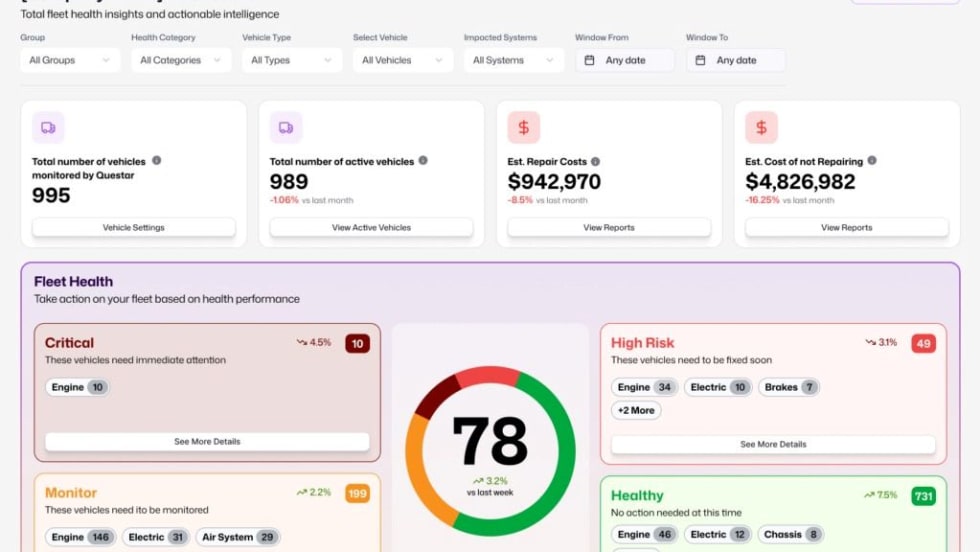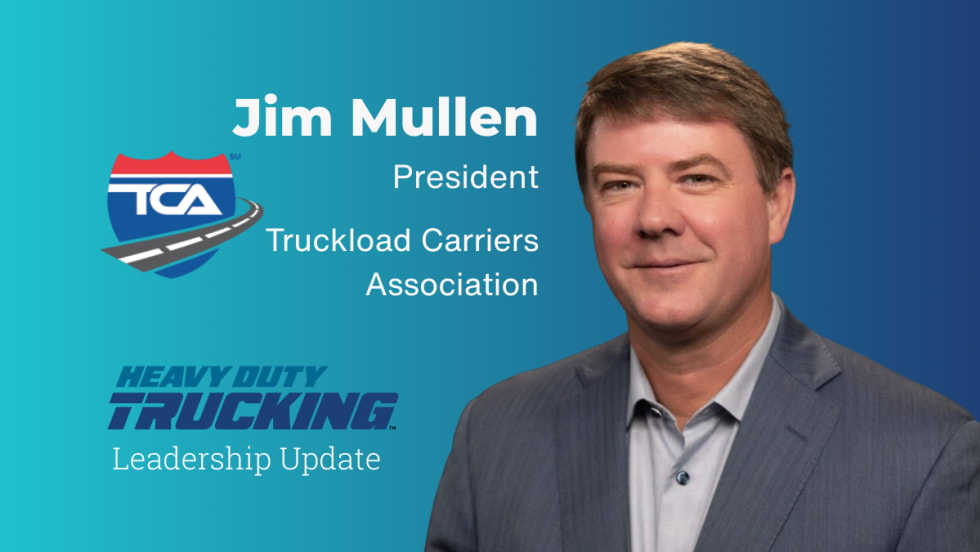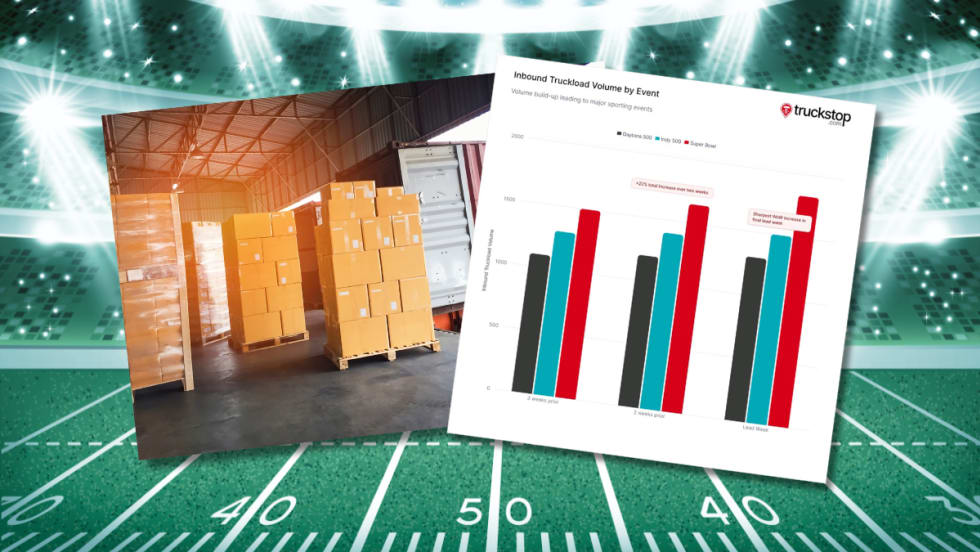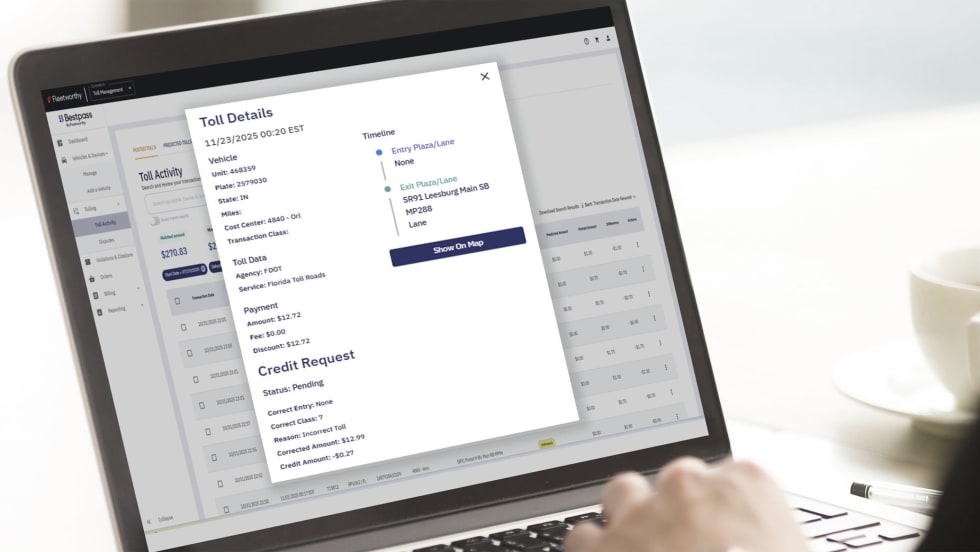J.B. Hunt has reportedly settled a class-action driver wage lawsuit for $15 million after fighting the claims for more than a decade, a suit that has been cited in recent debates over when federal rules regarding driver work should pre-empt state regulations.
The lawsuit was filed in 2007 over allegations that J.B. Hunt improperly skirted California’s meal and rest break rules and minimum wage laws for employees working in the state. The class-action represented as many as 11,000 J.B. Hunt employees.
J.B. Hunt has not commented to HDT, or anyone else it seems, on the settlement. But David Heller, vice president of government affairs for the Truckload Carriers Association, told HDT that the recent development highlights the need for a single regulation for transportation companies working in interstate commerce that supersedes individual state rules.
“This is a case that has cost J.B. hunt $15 million just to settle, to say nothing of what it cost in litigation getting to this point,” said Heller. “It shows you that this is becoming an even greater problem than originally anticipated, and right now it seems to start affecting the larger carriers and is somewhat trickling down to the mid-size carriers.”
California’s rules would be hard for the average driver paid by the mile to follow. They require employers to provide employees with a 30-minute meal break after five hours if the employee is on duty for more than six hours in a day. They also include provisions for a second 30-minute break during a work day longer than 12 hours and on-the-clock 10 minute breaks accrued every four hours. Also at stake were claims that employees were not paid for required activities, such as paperwork, potentially violating minimum wage laws in the state.
A district court initially ruled in favor of J.B. Hunt, saying that the lawsuit’s claims were preempted by the Federal Aviation Administration Authorization Act, which was enacted in 1994 to prevent state and municipal governments from undermining federal deregulation of interstate trucking, according to J.B. Hunt’s petition to the Supreme Court. That initial judgement was later overruled by the Ninth Circuit Court of Appeals. At the urging of trucking interest groups like California Trucking Association and American Trucking Associations, J.B. Hunt later petitioned the Supreme Court to overturn the Ninth Circuit judgement but was denied.
“J.B. Hunt was following the federal hours-of-service regulations. There is a difference between those state breaks and what is basically a federal rule in which the majority of carriers on our roadways operate,” said Heller.
Groups such as TCA have tried to get legislation passed that would clarify that federal rules take precedent over state rules in the transportation industry, most recently through the Dehnam Amendment attatched to the latest FAA reauthorization Act, but it has been unsuccessful so far.
“We advocate for that one federal rule and have done so on the Hill,” said Heller. “There is a petition at FMCSA right now that would hopefully federally pre-empt some of these state meal and rest breaks because, quite frankly, there’s not a need for it. Interstate trucking is a different beast altogether.”
"Trying to keep track of 20 separate meal breaks and seven different rest breaks that are different from the federal HOS regulations is quite unproductive to say the least, which is why we have one federal standard, and it should be that one federal standard that is enforced for truckers across the country."




